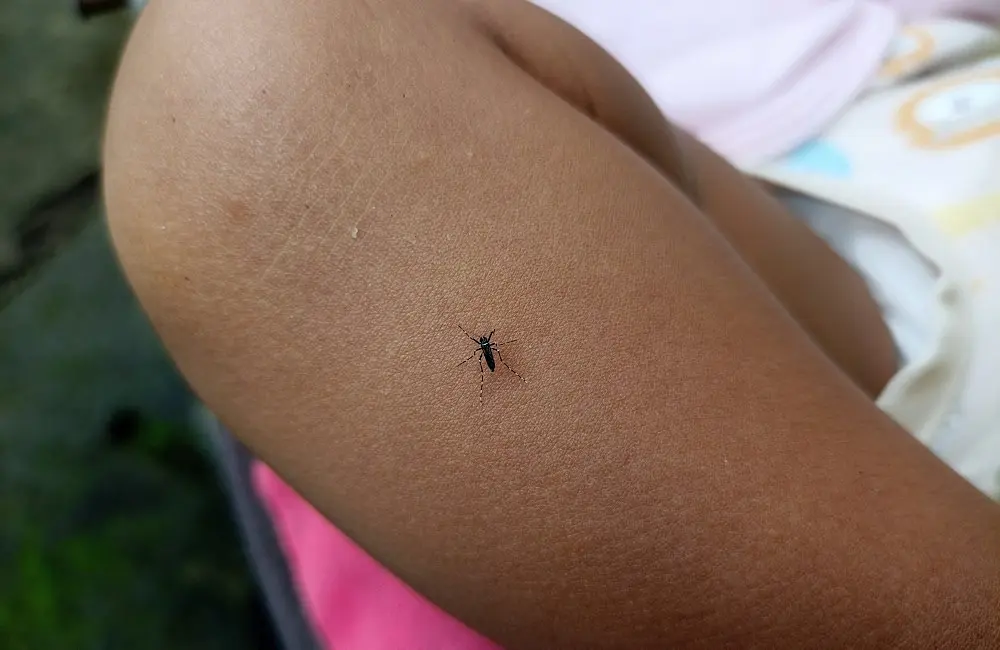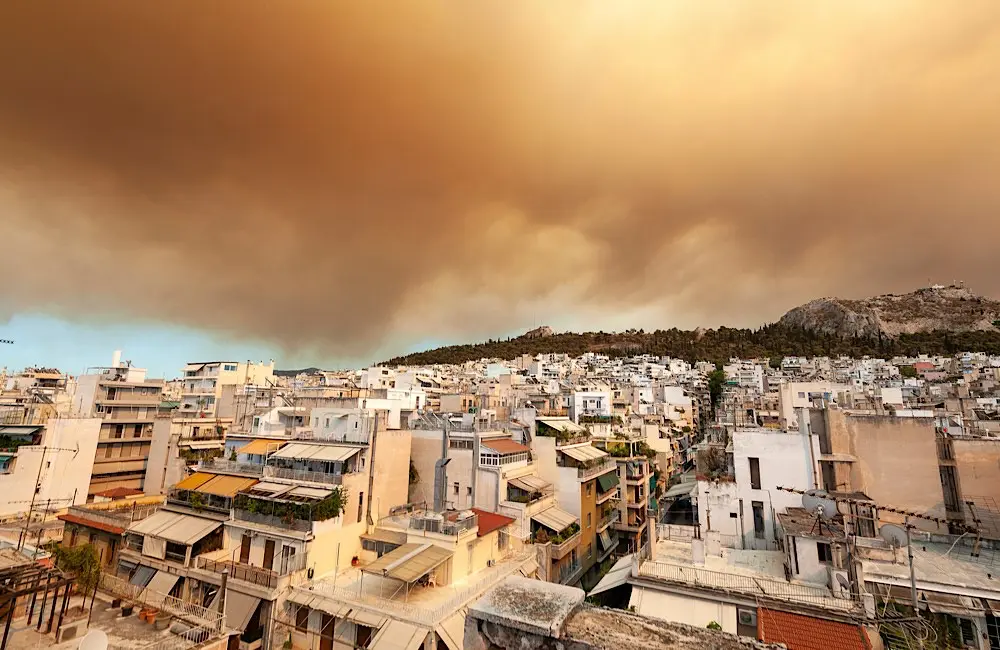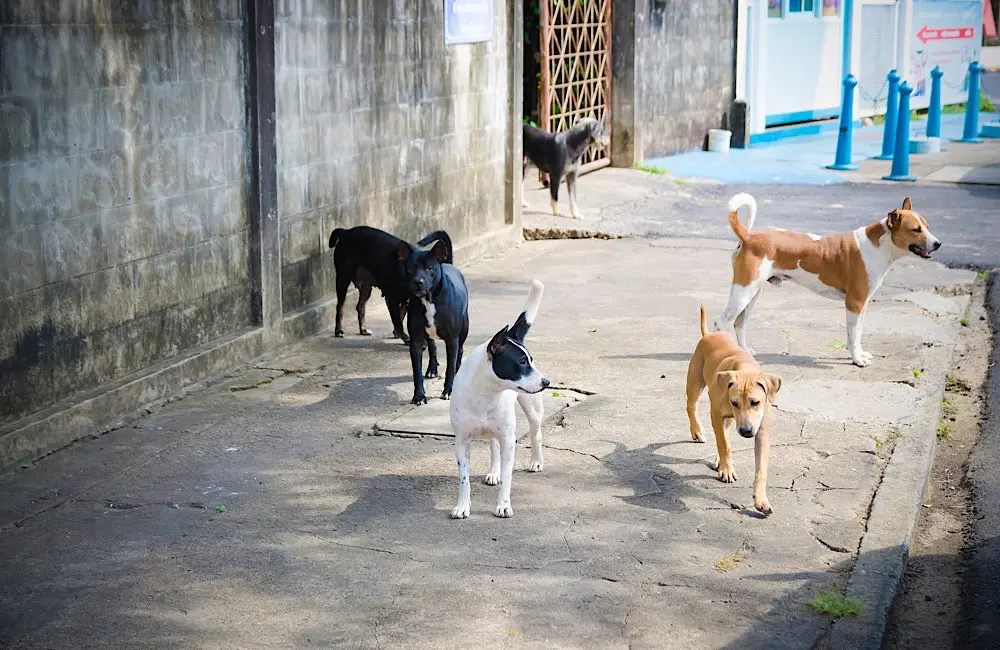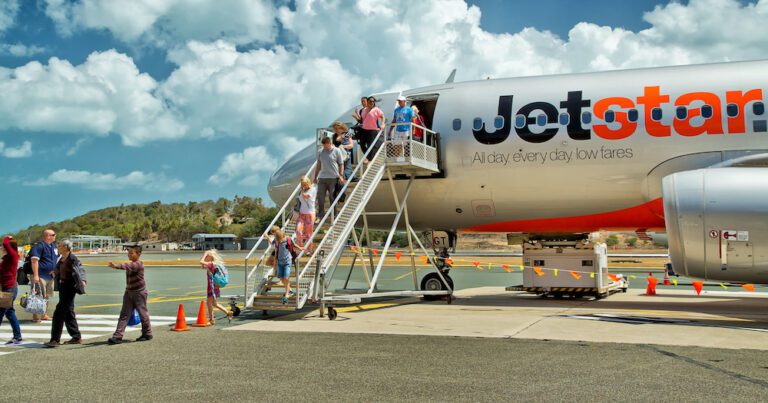Medical evacuations, repatriations, and ICU transfers cost some travellers more than their entire holiday in 2024. New data from World Travel Protection reveals the top five countries where trips turned into emergencies, and where agents may need to advise their clients accordingly on added precautions.
World Travel Protection, a global travel risk management company, handled over 300,000 emergency calls last year. Of those, 35,000 escalated into active cases, and more than 1300 required medical evacuation or repatriation (often with a price tag well into six figures).
The five countries with the most serious incidents were Nepal, Indonesia, the United States, Greece, and Thailand. From altitude sickness to dog bites, the risks varied widely, but the common thread was that help was needed fast, and help wasn’t cheap.
Nepal: High-altitude adventures, high-stakes rescues
Nepal recorded the highest number of emergency extractions last year. Trekkers drawn to Everest and other high-altitude hikes face remote terrain, extreme weather, and limited access to help. The only way in or out of many locations is by foot or helicopter.

Evacuations were largely driven by acute mountain sickness, with Everest Base Camp sitting at 5364 metres, where oxygen levels drop to half that of sea level. Other common issues included injuries, respiratory infections, gastro, and physical exhaustion.
Agents are advised to recommend that clients begin preparing months in advance. That includes medical consultations, altitude training, and securing comprehensive insurance that covers helicopter evacuations.
Indonesia: Bali bliss, with a few bite-sized risks
Bali may be an Aussie favourite, but it’s also a top destination for travel rescues. World Travel Protection supported multiple evacuations last year, including a dengue fever case that escalated into a chest infection and intensive care, resulting in a $135,000 airlift back to Australia.

Beyond insect-borne disease, World Travel Protection flagged risks such as food and alcohol poisoning, scooter accidents, rabies, and injuries from unregulated tour operators.
Pre-travel medical advice is essential. Clients should be briefed on vaccinations, food and water hygiene, insect protection, and sticking to venues with proper licensing.
United States: Land of not so free medical care
Medical emergencies in the US may not always be the most complex, but they can be the most expensive. World Travel Protection reported hospitalisations from pneumonia that exceeded $100,000, with some air evacuations back to Australia hitting the $300,000 mark.

US border officials also have broad powers, and some travellers have been denied entry without clear cause.
Clients should have top-tier travel insurance with medical cover, a letter from their doctor, and enough medication for the entire trip. Entry and exit requirements should be checked closely.
Greece: Fire season fallout
In 2023, Greece’s wildfires triggered hundreds of emergency evacuations, many of them coordinated by World Travel Protection. One traveller on Rhodes had to flee on foot, leaving belongings and bookings behind as roads closed around them.

Fire season stretches from April to October, and travellers may face poor air quality, infrastructure collapse, or delayed medical access during high-risk periods.
World Travel Protection recommends that travellers stay alert to local warnings, carry a first aid kit, and download emergency apps that offer real-time security and health alerts.
Thailand: Bites, scratches and rabies risks
Thailand rounds out the top five due to an increase in animal bite-related emergencies. World Travel Protection reported multiple travellers requiring rabies treatment after encounters with monkeys and dogs.

Rabies is fatal once symptoms appear, making quick access to Post-exposure Prophylaxis (PEP) essential. Travellers are encouraged to consider pre-exposure vaccinations and seek treatment immediately if bitten or scratched.
Each of these real-world cases underlines the importance of informed, realistic client conversations, particularly when it comes to high-risk destinations or activities. It’s not about deterring travel, but about helping travellers prepare properly for it.
KARRYON UNPACKS: These hotspots highlight the real value of proactive trip prep. It’s a reminder for agents to flag risks early, recommend smart cover, and keep clients informed before departure.





